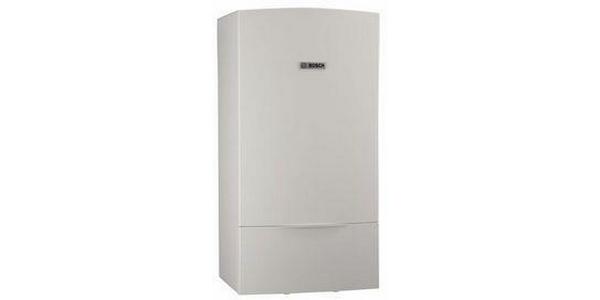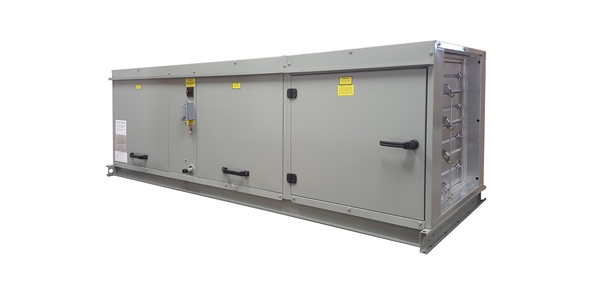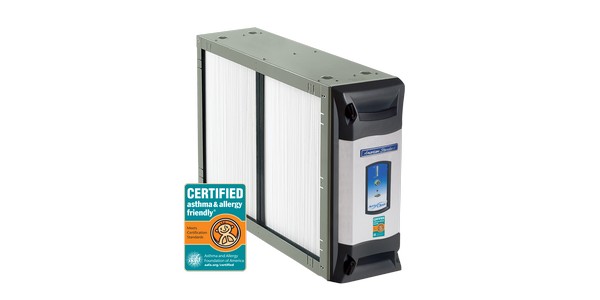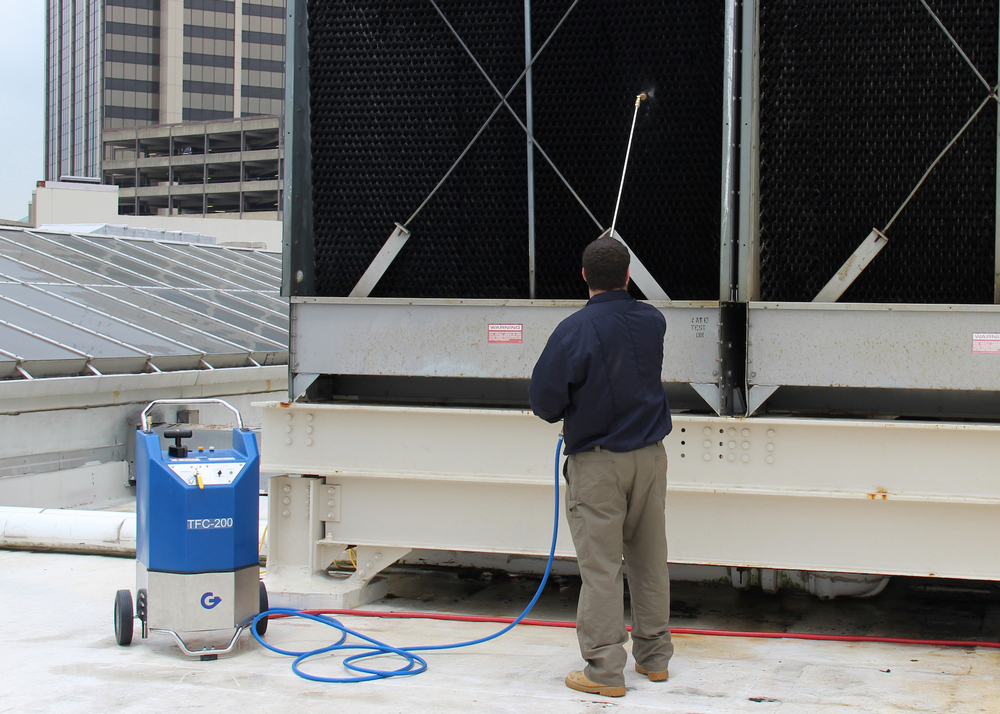Bosch Thermotechnology Corp. Unveils New Greenstar Pro Combi Model

LONDONDERRY, N.H. – Bosch Thermotechnology Corp. recently released the next model in its Greenstar Pro Combi lineup, the Greenstar Combi 100P. This unit offers the same superior performance found in Bosch Thermotechnology’s Greenstar Combi boiler, but is a simplified model, providing professionals with only the essential parts.
This unit provides both heat and up to 2.6 gallons per minute domestic hot water in one compact, lightweight, wall-mounted unit. In addition to its small footprint, the unit’s ultra-quiet operation makes it the perfect solution for smaller properties. The Greenstar Combi 100P has a maximum input rate of 100,000 Btu/hr and a minimum input rate of 24,600 Btu/hr. In addition, users can install the unit using a variety of venting materials and terminations.
The Greenstar Combi 100P offers streamlined design and standard Greenstar components, including an ASME-approved Al-Si heat exchanger constructed of advanced magnesium-aluminum-silicon alloy, which offers more flexibility than traditional stainless steel. The heat exchanger has a coating that prevents scale buildup, which means less servicing, higher efficiency and longer boiler life.
In addition to the AI-Si heat exchanger, the unit also comes equipped with a high-strength stainless steel flat-plate heat exchanger with double passage to ensure consistent DHW temperature output based on demand. Its large surface area and advanced technology allows the boiler to condense even while producing DHW, and helps reduce scale buildup within the heat exchanger, therefore minimizing potential pressure loss.
The Greenstar Combi 100P also includes an innovative liquid propane conversion kit that does not require the use of a flue gas analyzer. In order to switch to LPG, the installer simply installs a new code plug, a fixed gas throttle orifice and an LPG label.
A full modulating fan automatically increases or decreases its speed depending on the heat demand, controlling the amount of gas coming into the boiler. This modulation process prevents the boiler from either having too little or too much air in the unit for optimal combustion, ensuring high efficiency.




